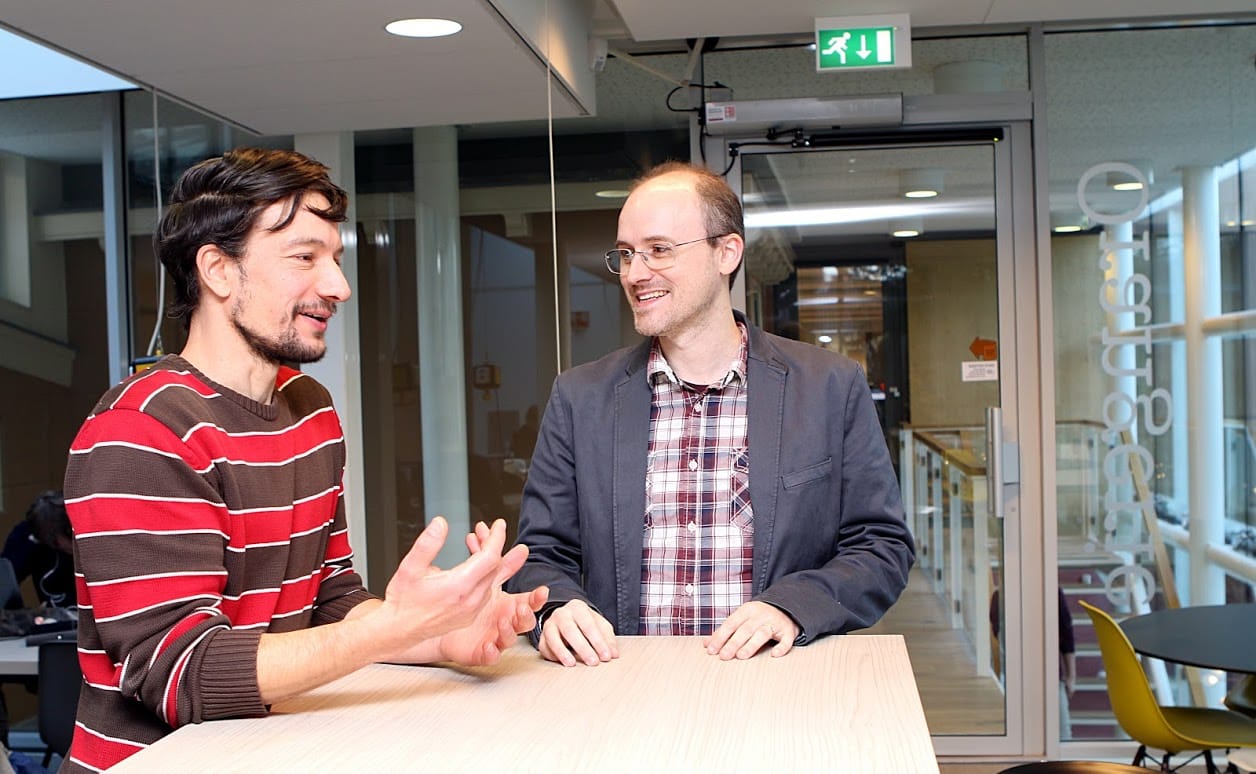This Thursday, Thijs Bouman will defend his doctoral thesis in which he explains the influence of foreign news on how we perceive groups within our nearby surroundings. Generalizations from global to the local situations seem to specifically occur for negative news and rely on often trivial and unconscious associations between the foreign and nearby groups.
Did you ever find yourself drinking another beer when you actually had to stop at the previous one? Then you can imagine how this automatic behavior might be involved in the development of substance abuse and addiction. Illuminating this relationship is the very reason Madelon van Hemel-Ruiter started her PhD research.
We’re ready to celebrate the end of 2015 and the beginning of an exciting 2016, here on Mindwise, and what better way than to share with you the most popular posts from these past twelve months! We’ve been thrilled with your interest all year and we look forward to sharing with you great new […]
Is the way we assess learning in higher education killing its very central aim: learning? It is, if Eric Mazur from Harvard University is to be believed and he makes a very convincing case in the talk he gave in Groningen a few weeks ago. Read on to see what students and staff from our department think about it.
People tend to coordinate their actions, feelings, and thoughts with others in social situations. But how does this work? We asked two experts of our department, Dr. Ralf Cox (Developmental Psychology) and Dr. Pontus Leander (Organizational Psychology), who examine this intriguing topic from two different perspectives.
How should we test whether speech is understood, so we have an accurate picture of the processes that support comprehension? The answer turns out to be rather simple: besides looking at how accurate the responses are, measure how fast they are given.
Do you sometimes feel that after a bad night sleep, you cannot take in anything that is being said during a lecture? If so, then maybe you can imagine the rising concern that patients with post-traumatic stress disorder (PSTD) might not benefit from trauma-focused treatment if they also suffer from sleep difficulties. I dug into this issue to figure out whether this concern was justified.
On November 9th 2015, Mattia Roppolo defended his dissertation. In a joint PhD-project, he combined the expertise of the departments of Psychology in Turin and Groningen, and provided new insights in Health Related Quality of Life, using a dynamic systems approach.
Recycling paper, taking shorter showers, and cycling to work instead of going by car are all as pro-environmental behaviors. Even though these behaviors typically involve some degree of effort or cost, many people still engage in them. But why? This Thursday, November 19th, Danny Taufik will defend his dissertation in which he tries to answer this question.
Can you imagine it is possible to improve cognitive functioning only by sitting regularly for a few minutes on a vibrating chair? In our studies, we demonstrated that Whole Body Vibration (WBV) can be of potential value in the treatment of patients with ADHD!









